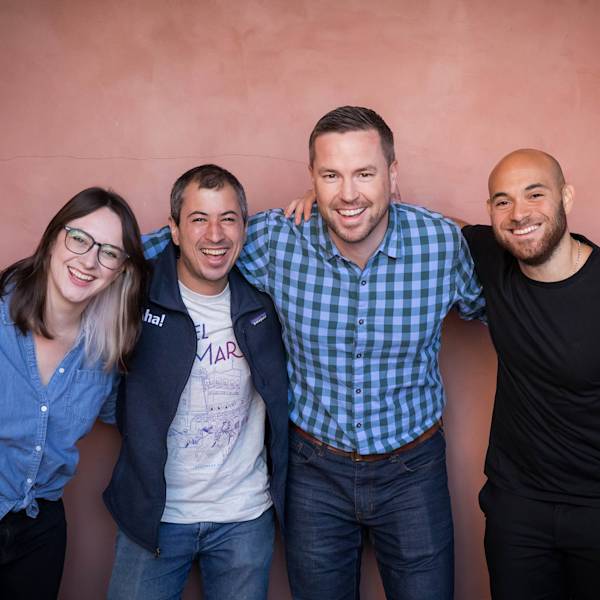
Product Management All-Star: 6 Questions With Ashwina Blum
We have the best job in the world — we build software for software builders. And we are connected with people who are building what is next for customers around the world. So we are asking exceptional product folks who are shaping the future to share their knowledge with you.
Ashwina Blum is a principal product manager at Bayer. Based in Tampa, Florida, she has over 13 years of experience working in technology with seven years dedicated to product management. In her current role, Ashwina is helping to evolve product management best practices at Bayer — including strategy around optimizing their omnichannel approach.
Ashwina is always seeking new advice and tools that support her mission of promoting product success. She has been an internal champion for Aha! over the past two years — successfully defining and implementing standards for her immediate team, then scaling adoption across the largest product division within the organization.
Outside of work, Ashwina loves to travel, read, bike, and spend time at the beach. Most recently she has enjoyed learning Spanish.
When did you learn product management existed?
"Several years ago, I was a business analyst at a supply chain organization when I was presented with the opportunity to take on a product owner role. The concept of creating formal product teams was new to the organization, so the responsibilities did not fully align with true product management. But I used this opportunity to learn all about product management — how successful companies organize work around products, how continuous releases bring value to users faster, and how product managers play an important role in building products that customers love."
What was your first product job?
"My first true product job was at Bayer building a global sales forecasting and planning experience. The solution enabled sales teams to drive customer growth through process unification, integration across sales activities, analytics, and mobility.
This was a great opportunity for me to not only apply my skills — but to also learn how to navigate the challenges that come with product management. I learned how to consider inputs from large stakeholder groups while staying true to the product vision and value for end users. I also learned how to use data and user research to make objective decisions on priorities and how to resolve conflicts within the product team so we could focus collectively on building experiences that our users would love."
What is the most important trait for a product manager?
"I think active listening is the most important trait for a product manager. It is such a unique role because you are interacting with all the different individuals and teams that contribute to creating a product — from business leadership to stakeholders, engineers, designers, and end users. Of course, listening to your customers is one of the most important criteria for building a successful product. But also pay attention to what your teams have to share. The more you leverage their expertise, the better outcomes you will see for your product."
What would you recommend a new product manager not do?
"Looking back on my experience, I wish that I had realized sooner how important it is to understand all aspects of a product including the financials, business model, user base, marketing, and even legal details. I learned these things along the way — but my advice would be to not think about delivery as soon as you start on a product journey. It is important to take the time to become familiar with everything that will influence your product strategy and delivery. Seek help from a product leader or a mentor to help you navigate these areas."
If product management had a slogan, what would it be?
"Fall in love with the problem, not the solution. Or as Einstein was quoted saying: 'If I had an hour to solve a problem, I would spend 55 minutes thinking about the problem and five minutes thinking about solutions.' As a product manager, it is critical to spend your time in that problem space to understand what your users need or desire and what will bring the most value to your business."
What will change most about managing products in the next decade?
"It is hard to think about the next decade without reflecting on how things have changed in the past two years. The pandemic has greatly accelerated the evolution of technology — both in the way we work and the advancement of AI, machine learning, extended reality (XR), and more.
In terms of product management, I think we will see more urgency in leveraging these technologies to design better products, improve decision-making, and deliver value faster to consumers. I also hope these advancements will lead to better roadmapping, faster prototyping and user testing, and more automation in discovery processes."
Build products like you always wanted. See for yourself — start a free 30-day trial.


